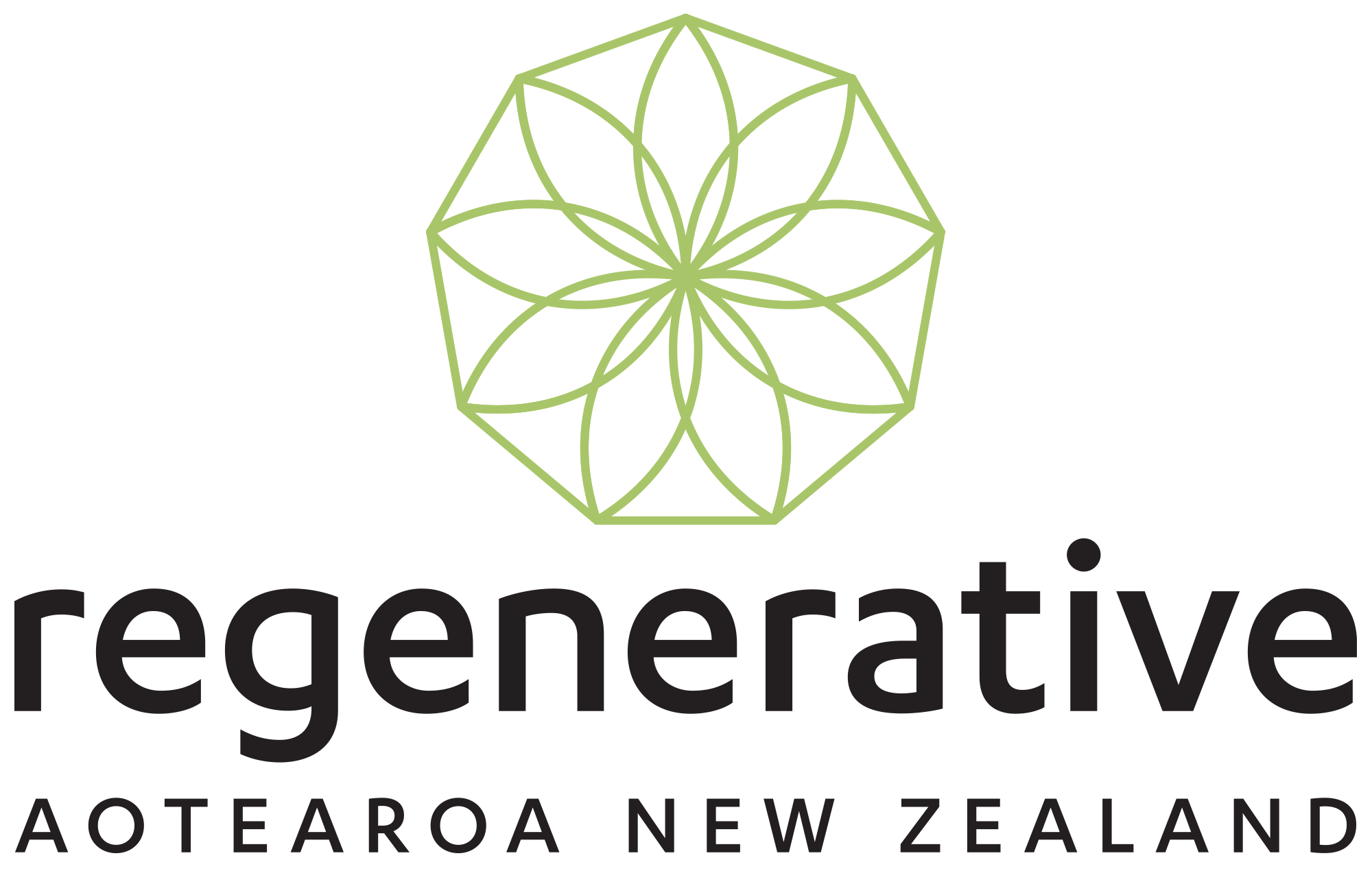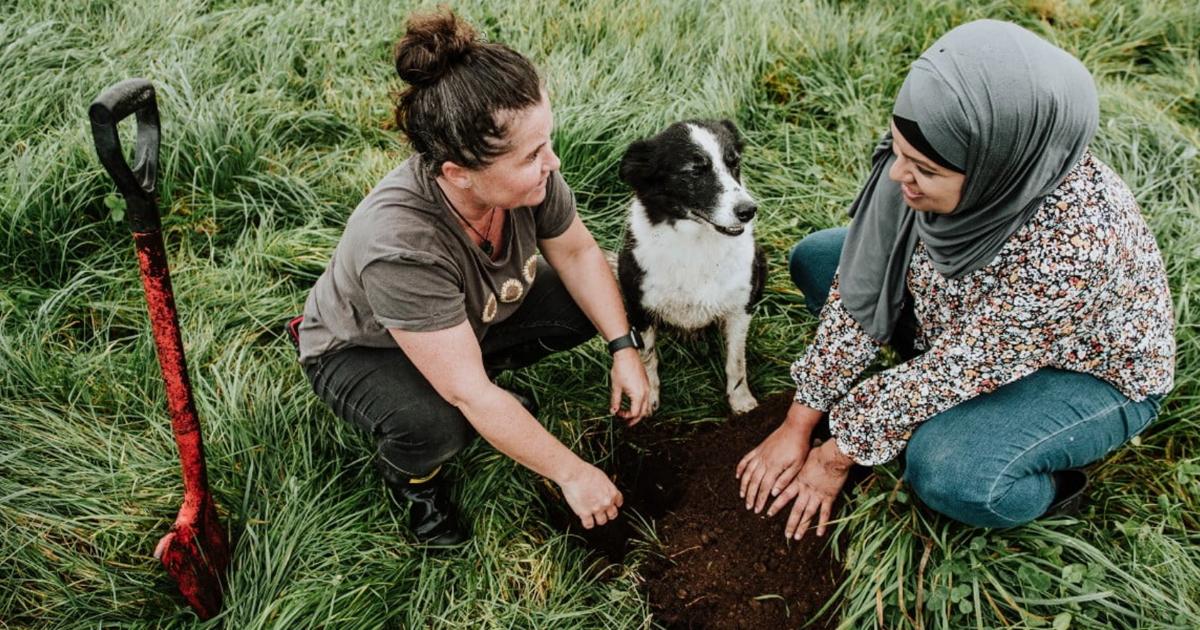The systems-thinking, holistic approaches to farming in te ao Māori have been demonstrated to enable effective local solutions, leading the way for others.
Farmers on ten commercial farms totalling approximately 2000 hectares in the Waikato-Bay of Plenty became better observers of their whenua because of their involvement in the Rere Ki Uta, Rere Ki Tai project funded by Our Land and Water. Over 18 months, the farmers became more connected to their whenua and embraced changes that led to improved outcomes for te Taiao (our world) including farmer wellbeing, whānau, awa and whenua.
The farmers embraced knowledge from te ao Māori, other farmers and science, and gained the confidence to share their learning at public forums, on-farm days and workshops. Lessons from the project are being scaled out by industry: DairyNZ hosted a farm day on one participating farm, and a collaboration in development with Miraka and Fonterra aims to implement the project’s process and apply the findings to the wider agricultural community.
When funding for the project ended in March 2024, Rere Ki Uta, Rere Ki Tai opted to continue as an incorporated society, to collect long-term farm data and undertake outreach and education across New Zealand’s primary sector.
Rere Ki Uta, Rere Ki Tai investigated the connection between farm practices to improve the mana and mauri of soil and improvements in soil, people, water, air and animal health; and farmer confidence to change farm practices when these are informed by mātauranga Māori, biophysical science and farmer knowledge.
Three farms that adopted all practices reduced nitrogen inputs 62–80% without reducing milk solids per cow. Overseer modelling on two of the farms found reduction in nitrogen loss of 21–25% and GHG reduction of 11–15%, due to a decrease in application of soluble nitrogen and phosphate fertiliser, multispecies pasture and reduced imported feed.
Rere Ki Uta, Rere Ki Tai aimed to provide practical, well-evidenced tools enabling farmers to better care for soils, in response to market demand for reduced environmental impacts from farming. This aligns with Our Land and Water’s mission to improve water quality in Aotearoa without sacrificing agricultural production or profitability. The project was one of three place-based pilots under the Revitalise Te Taiao research programme.
A multidisciplinary team of farmers, researchers and mātauranga Māori practitioners, led by Dr Ashna Khan (Agrisea), brought together three knowledge systems – mātauranga Māori, biophysical science, farmer knowledge – to inform land management decisions. There was a strong emphasis on the Māori knowledge that all aspects of te Taiao are interconnected.
Read the full article at ourlandandwater.nz here >
(photograph by Michelle Porter for Shepherdess magazine)

